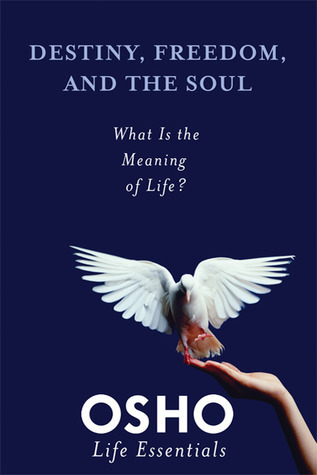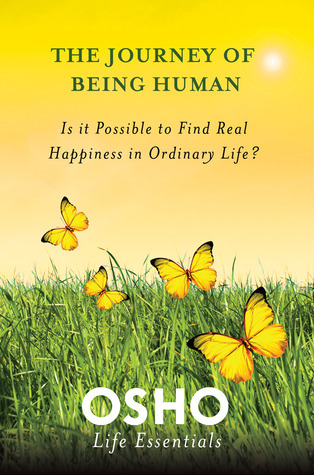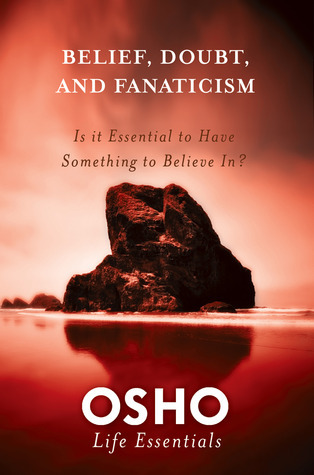
POWER, POLITICS, AND CHANGE
Book Description
Beneath the surface of society lies a labyrinth of power and deception, where politics shapes destinies and change hangs by a thread. Osho unravels the intricate dance between authority and the human spirit, exposing the raw truths hidden in our daily struggles. His insights ignite a fiery passion for transformation, urging a revolution not just in the world, but within us all. Each page pulses with urgency, challenging entrenched beliefs and igniting a quest for authentic freedom. Amidst this thrilling exploration, one question looms: Are you ready to confront the power that binds you and embrace the change that awaits?
Quick Book Summary
"Power, Politics, and Change" by Osho delves into the underlying dynamics of authority, manipulation, and transformation within society and the self. Osho exposes the subtle ways power permeates everyday life—both externally, through organized politics and social systems, and internally, within the individual psyche. He dissects the deceptive nature of politics, revealing how it often thrives on ignorance, fear, and conformity. Osho calls for a genuine revolution that starts on a personal level, encouraging each reader to awaken, recognize the structures that confine them, and pursue authenticity and freedom. Through provocative questions and profound insights, the book challenges readers to confront their own participation in systems of control and to ignite real change, both in their inner world and in the collective reality.
Summary of Key Ideas
Table of Contents
The Nature and Mechanisms of Power
Osho begins by examining the nature of power, highlighting the ways in which authority structures exert control over individuals and communities. He explains that power is not only wielded by obvious political leaders or institutions but is deeply embedded in cultural norms, social expectations, and even within personal relationships. This all-encompassing presence of power creates invisible chains that bind individuals, often making manipulation seem normal or necessary for survival.
Deception and Manipulation in Society
The mechanisms of deception and manipulation are closely investigated. Osho unmasks the subtle tactics politicians and leaders employ to maintain influence, such as propaganda, the creation of fear, and exploitation of human desires. He argues that societal structures frequently reward those who conform and punish independent thinking, leading to a widespread culture of deception. By exposing these systemic methods, Osho encourages readers to cultivate awareness about how manipulation infiltrates their lives.
Inner Revolution versus Outer Change
Transitioning from outer to inner worlds, Osho presents the concept of inner revolution. He critiques conventional attempts at political change, stating that true transformation cannot be forced externally or legislated by governments. Rather, meaningful change begins within the individual through self-understanding, dismantling internalized power dynamics, and rejecting imposed identities. Only by exploring their own minds can individuals discover the roots of their bondage and begin to free themselves.
Freedom from Conditioning and Authority
An essential part of the book is Osho’s exploration of freedom from conditioning and external authority. He asserts that most people live according to inherited beliefs, traditions, and fears that serve to maintain existing power structures. To initiate real change, one must confront these inherited patterns by questioning and ultimately breaking free from them. This process, Osho insists, demands courage, awareness, and a willingness to step into the unknown.
Authentic Transformation and Spiritual Rebellion
Finally, Osho envisions authentic transformation as spiritual rebellion. He affirms that embracing personal authenticity and self-realization is the most potent act of defiance against oppressive systems. By igniting an internal revolution, individuals not only liberate themselves but inspire others to challenge the status quo. Through this ripple effect, Osho suggests, genuine change and freedom will gradually permeate both the individual and society at large.
Download This Summary
Get a free PDF of this summary instantly — no email required.





